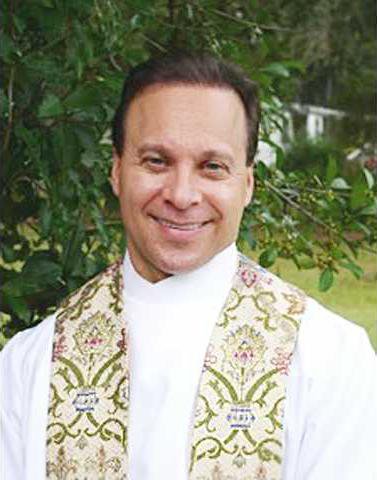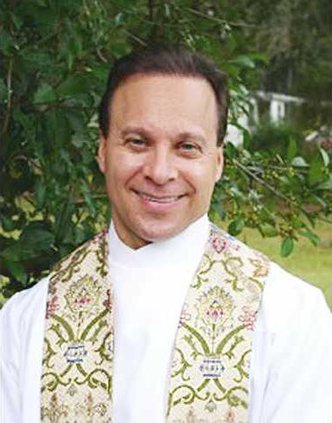In earlier columns, I have described the communication necessary before and during a marriage, and some of the important issues that should be on the table for discussion. But there is one associated factor that ought to be mentioned — one we pastors assume is taking place — when these discussions do occur.
And that factor is honesty.
We all keep some things to ourselves that are private. And too often, we feel disclosing private things to another person makes us vulnerable, no matter who that person is. The problem is that sometimes, when one spouse learns something about the other spouse and feels that information was purposefully kept from him or her, feelings of resentment and betrayal can build. And those feelings are ultimately destructive and insidious.
I have seen problems in marriages snowball because one spouse was not openly honest about debt being brought into a marriage, plans to relocate, and even mental health issues. Certainly, these issues may be difficult to discuss, but not doing so does much more damage to the relationship in the long-run.
By avoiding such a conversation, the potential to allow that honesty to help build the relationship by drawing the couple closer is lost. There is something very powerful about open, honest self-disclosure; it can create a strong bond. Chances are, some of your closest relationships have been forged with people with whom you have disclosed deep, personal issues. And while I have seen lack of honest disclosure affect marriages later on, I have never seen a couple in love break up because of such honesty.
However, any lack of honesty about the important issues cited in previous columns is not limited to communication between the couple. It is also vital that the couple — as a couple — treat their life together as honestly as possible. Here is one example of dishonesty that is destructive.
I have been contacted at least a half dozen times by couples wanting to be married. When I ask why they want a pastor to do the wedding, they say, “Because we are both Christians and want to be married in a Christian service.” Great.
My next question is always, “Do you both go to church somewhere?”
“Yes, we do,” they respond.
“OK, great. But why aren’t you asking the pastor of the church you attend to perform your wedding?”
Here is the answer I have gotten every time, although it often took a little time to come out. These couples go to a large mega-church. The policy of that mega-church is that the pastors there will not perform a wedding for a couple who is living together. And these couples are living together.
Most of the time, the couples share with me that the pastors at this mega-church, which I tongue-in-cheek call “Six Flags Over Jesus,” suggest that one person move out for a while. They would then consider presiding over the wedding.
“And why don’t you do that?” I ask.
“Well, we really don’t want to, and we were looking for other options,” they say.
One final question, “If I were to agree to perform your wedding, where would you then go to church as a married couple?”
“Well, we would just go back to the church we have been attending, but just tell them we got married.”
I have never done such a wedding. The reason I haven’t and wouldn’t is not at all because of the church. Six Flags has every right to develop their own wedding policies, and I respect those policies regardless of whether or not I agree with them.
The reason I would never perform such a ceremony is that the couple is not being honest about who they are as a couple. They are starting off their married life by being disingenuous about their relationship — not a good way to begin your marriage.
Of course, the irony is palpable. The couple refuses to live up to the standard set by the church — you know, the one they want to be part of. And so, they decide to short-cut that standard in order to then present themselves as acceptable to the church. It is a shameful charade.
And the worst part of this pretense is that it is not happening in a school PTO or little league; it is happening in the church. My goodness, if we are ever to be honest about who we are, would it not be in the church? Posers are dangerous to any church.
In the end, we hope for a man and woman to come before God, having found love and a person with whom they want to spend the rest of their lives. We hope the couple was strong enough to have the honest communication necessary to strengthen their relationship. We hope they have openly and honestly laid their hearts bare before each other and God in all truth.
If they have, we are serving God by bringing the couple before them, seeking His blessing.



